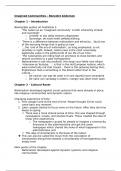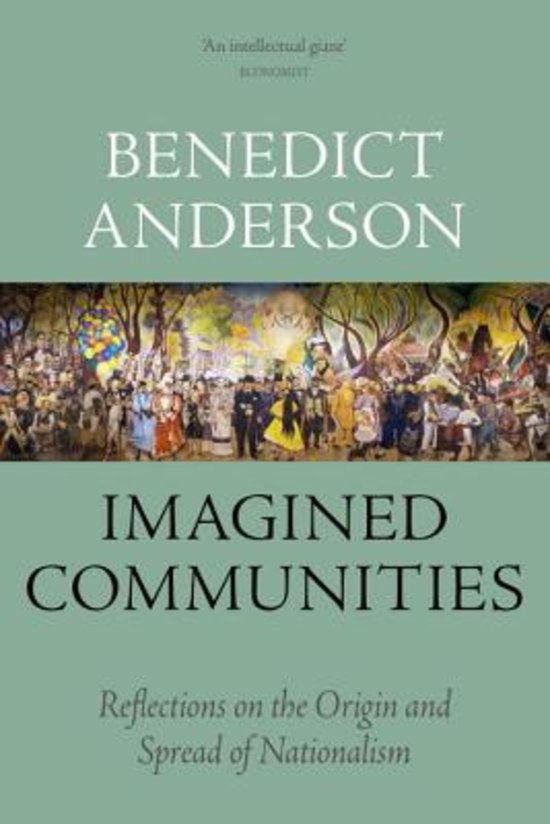Summary
Short summary of Imagined Communities by Benedict Anderson
- Course
- Institution
- Book
It's a brief summary with Anderson's main arguments sorted by chapter. This summary is useful for the nationalism and racialization exams that only require you to know Anderson's main arguments.
[Show more]




